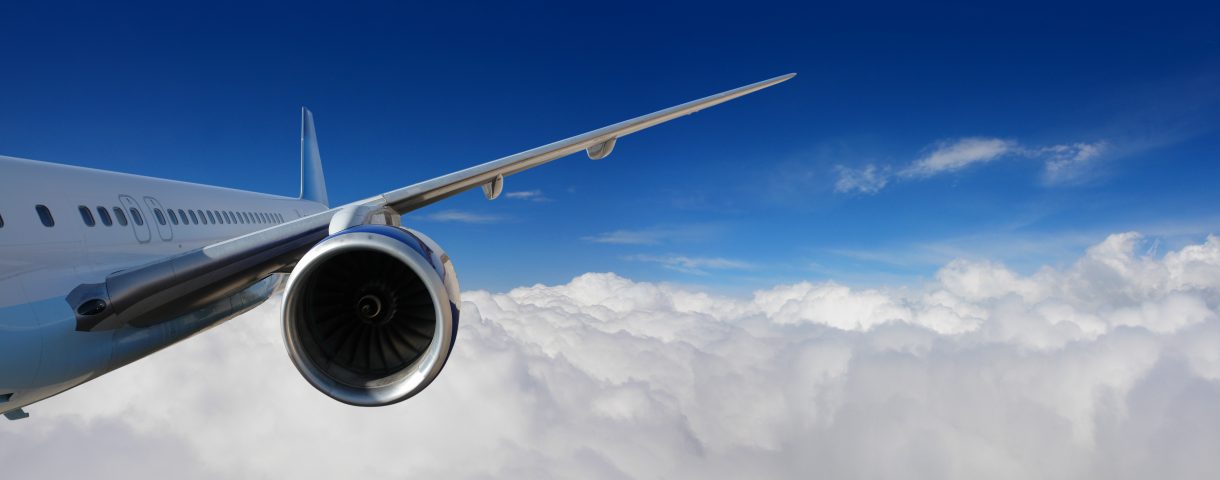Over time, we all develop the ability to streamline our processes and procedures. As we get used to a job, we can do it quicker, faster and more efficiently than before. In essence, our plane is more streamline, we are lifted into the air and at times, we can even reach cruise control! However, it is too tempting to spend any efficiency excess just on doing more paperwork, another desk top exercise or to draft another policy document. However, maybe there is a more important way to spend this streamlined saving?
In order to boost lift, the force that keep you in the air, you need to look after not just your speed, your altitude, but also you – the body of this streamlined craft. Careful maintenance, meticulous checking over, this is the way to maintain your efficiency. At the end of the school day, as you come into landing, book yourself in for a self-assessment. Note the things that are going well, have gone well, continue to go well. Don’t take them for granted, acknowledge them and give yourself credit where it is due.
We also need to slow down. Streamlining and efficiency can only happen at certain times, when at other times we complete the required maintenance work. We need to reduce our speed, redirect our attention and do something for us. This is all part of the package that makes the whole, work. Without this element, the top speed is reduced, your altitude falls and the overall efficiency of the wing tips depreciates. Planes are amazing craft but they can’t fly forever. You too are amazing but even you can’t lead all of the time.
The art of streamlining requires a period of quiet, of calm and of recharging. It needs moments where you can check in, for maintenance and for care. It is not about going fast all the time, it is the ability to keep the air flowing over you rather than that same air dragging you down. Streamlining is a two-phase process – make sure you are adept at them both. Schedule in time for yourself – vital upkeep to maintain your flow!
If you would like further information about the Pathway programme please visit www.discoveryeducation.co.uk/NAHT
David Gumbrell
David has researched and published about resilience for the three years since he left Headship. Leaning into his 7 years of leading a school, he presents this experience in a fairly unique style by connecting with his audience to engage their interest before then delivering the connection to the key piece of learning that he wants them to consider and to reflect on. He wrote one of the Discovery Education Pathway courses and has published two books for teachers, called LIFT and RISK on resilience and decision making, and one book for children entitled The Amazing A-Z of Resilience.

